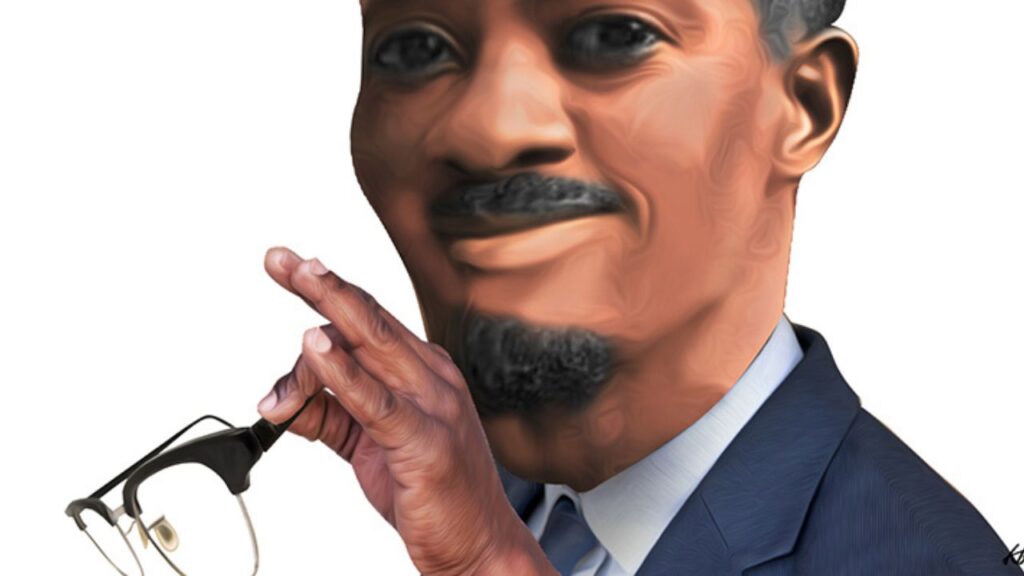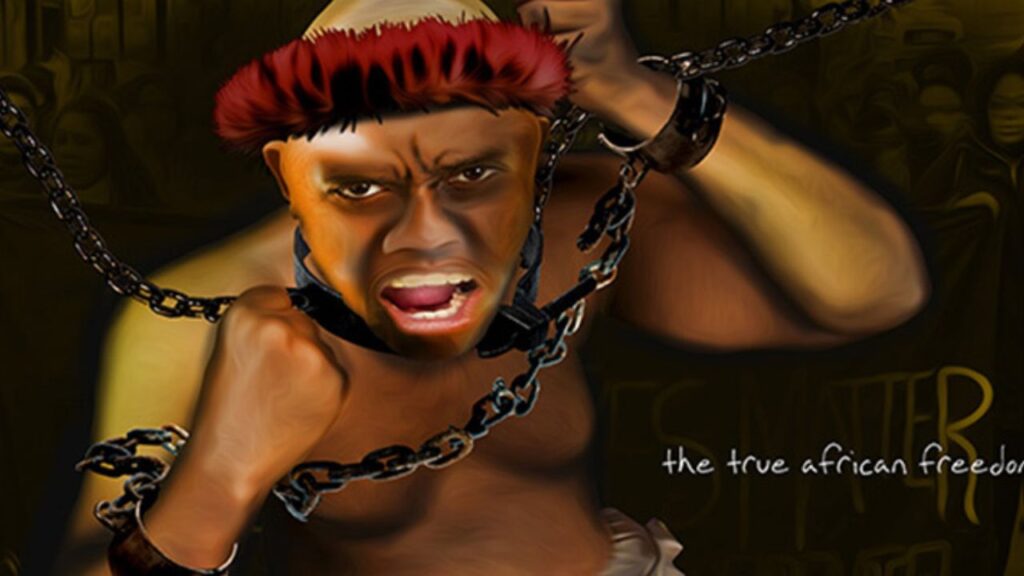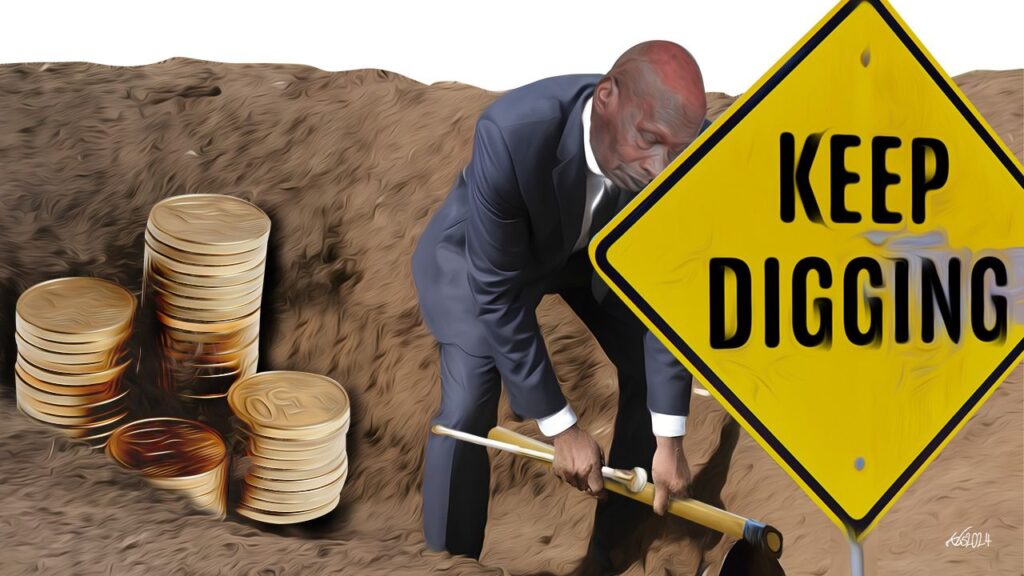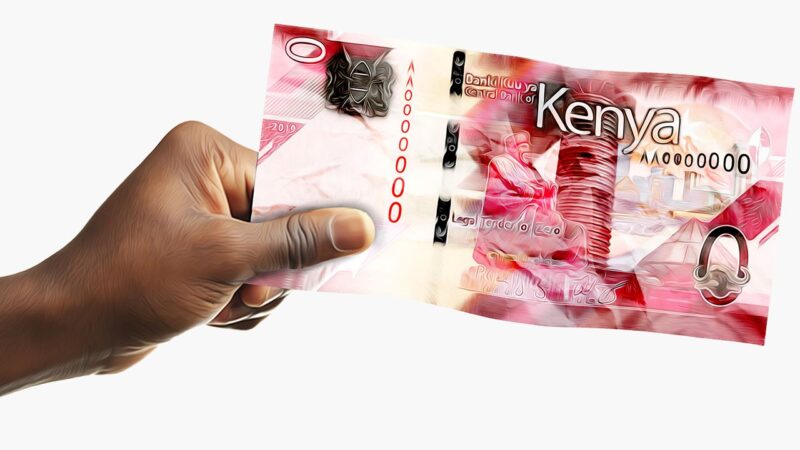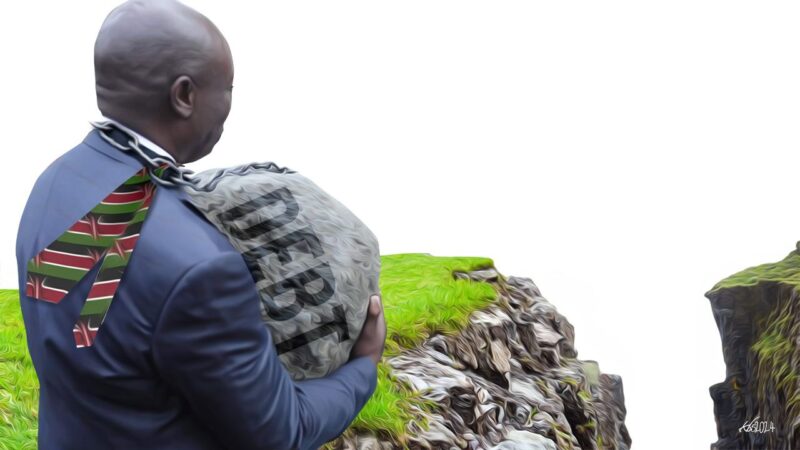As the 16th Assembly of States Parties (ASP) concluded on Thursday, December 14, 2017, at the United Nations headquarters in New York, one could not help but notice the diminished interest Kenya now has for the annual gathering since the country’s post-election violence cases ended with no justice for the victims.
The ASP is an annual meeting of States that are signatories to the Rome Statute that established the International Criminal Court (ICC), which is based in the Hague in the Netherlands.
From the build-up to the representation, Kenya was literally missing in action – except for the candidature of President Uhuru Kenyatta’s close relative Margaret Wambui Shava – compared to a year or two ago,
Ms. Shava, who served in Kenya’s Truth Justice and Reconciliation Commission, was elected as a member of the key committee of the ASP, the Committee on Budget and Finance. The committee “reviews the proposed programme budget of the Court” and “makes the relevant recommendations to the Assembly concerning the proposed programme budget.” The committee is also charged with the mandate of considering reports of the Auditor concerning the financial operations of the ICC before the said reports are transmitted to the ASP.
At the time, there was concerted effort in government to frustrate the ICC from prosecuting Mr. Uhuru Kenyatta and Mr. William Ruto, a task they somehow successfully accomplished by mobilising African support against the court and branding the ICC as a “toy of declining imperial powers.”
When the Kenyan post-election violence cases were active at the ICC, the government used to attend many preparatory activities, including shuttling within the continent to build up support for its anti-ICC agenda and identifying, marking and possibly influencing journalists who would travel to report on the annual meetings.
At the time, there was concerted effort in government to frustrate the ICC from prosecuting Mr. Uhuru Kenyatta and Mr. William Ruto, a task they somehow successfully accomplished by mobilising African support against the court and branding the ICC as a “toy of declining imperial powers.” In their bid for the presidency in 2013, the duo also urged Kenyans to view their election as a “referendum against the ICC”, a call that was apparently heeded when they won the election by a narrow margin.
The ICC had indicted Mr. Kenyatta and Mr. Ruto for crimes against humanity. They were accused of being the sponsors of the violence that took place in Kenya after the December 2007 highly disputed presidential election. Over 1,000 people died in the violence and hundreds of thousands of others were uprooted from their homes and businesses.
The Panel of Eminent African Personalities, led by former UN Secretary General Kofi Annan, and convened by the African Union, eventually brokered a peace deal between the now retired President Mwai Kibaki and former Prime Minister Raila Odinga that eventually ended the post-election turmoil in February 2008.
However, since the cases against Kenyatta and Ruto collapsed, Kenya has adopted a curiously low profile on matters regarding the ICC. This year, partly because of the extended electioneering period, Kenya did not participate in the pre-ASP events. In fact, many Kenyans would be forgiven for not knowing that since December 4, 2017 the ICC member states have been meeting in New York.
Since the cases against Kenyatta and Ruto collapsed, Kenya has adopted a curiously low profile on matters regarding the ICC.
This is in sharp contrast to the period between 2010 and 2016 when Kenya would send high-level delegations, often including the Attorney General Githu Muigai, cabinet secretaries led by foreign affairs cabinet secretary Amina Mohamed, principal secretaries, MPs and Jubilee sympathisers under the banner of Kenya Citizens Coalition and the council of elders.
As these events were going on, according to the ICC prosecution, several attempts were made to weaken the Kenyan cases and to illegally influence and intimidate witnesses and their families so that they would not testify. The ICC’s Chief Prosecutor, Fatou Bensouda, blamed the collapse of the Kenyan post-election violence cases on “a host of reasons.”
“Some of them were within the control of the ICC, but overwhelmingly, it was outside of the control of the Office [of the Prosecutor] and of the ICC. By this, I am directly talking about the high level of witness interference and witness intimidation,” she said.
This year, the most senior Kenyan government official at the ASP was the Deputy Permanent Representative at the Kenya Mission to the United Nations headquarters in New York, Koki Muli.
The thrust of Mr. Waweru’s statement had little, if any, relevance to Kenya. He called on the ICC to investigate the sale of African migrants as slaves in Libya, likening the situation to chattels in open slave markets, which he said was abhorrent, and even accused the ICC of being slow to act.
The task of delivering the country’s statement to the ASP was meanwhile left to Mr. James Waweru, a second secretary at Kenya’s UN mission in New York.
The thrust of Mr. Waweru’s statement had little, if any, relevance to Kenya. He called on the ICC to investigate the sale of African migrants as slaves in Libya, likening the situation to chattels in open slave markets, which he said was abhorrent, and even accused the ICC of being slow to act.
“It is high time that an investigation into migrant-related crimes in Libya is commenced in earnest,” he said. According to Mr. Waweru, the ICC needed to work with the UN Security Council to not only end the trade but also hold to account those responsible for “these atrocious crimes.”
As well as assigning the 16th ASP low key status, the collapse of Mr. Kenyatta and Mr. Ruto’s crimes against humanity cases has all but ended calls for the expansion of the jurisdiction of the African Court of Justice and Human Rights
The ICC has jurisdiction to try genocide, war crimes and crimes against humanity, the last of which Kenya argues encompasses the practice of slavery, which has been universally accepted as a crime against humanity.
As well as assigning the 16th ASP low key status, the collapse of Mr. Kenyatta and Mr. Ruto’s crimes against humanity cases has all but ended calls for the expansion of the jurisdiction to the African Court of Justice and Human Rights to handle international crimes against all but sitting heads of state and government, and other senior government officials.
In January 2015, two months before the ICC withdrew the crimes against humanity charges against President Kenyatta, the Kenyan leader had pledged one million US dollars to the African court during the African Union summit in Addis Ababa, Ethiopia. He had described the creation of the African court as urgent. “I urge you brothers and sisters to join me in ensuring that the necessary ratifications are in place and that the resulting court is fully owned, financed and driven by Africa. This is an urgent and historic task that cannot wait,” he said.
Whether or not Kenya made good on its pledge remains unknown. What, however, is clear that the “urgency” with which Mr. Kenyatta wanted African governments to sign the Malabo Protocol to give the African court jurisdiction over international crimes has almost gone mute. In fact, as of June 2017, the Malabo Protocol had been signed by only nine states and had not been ratified by other African countries, including Kenya, that were at the forefront of pushing for an African court.



